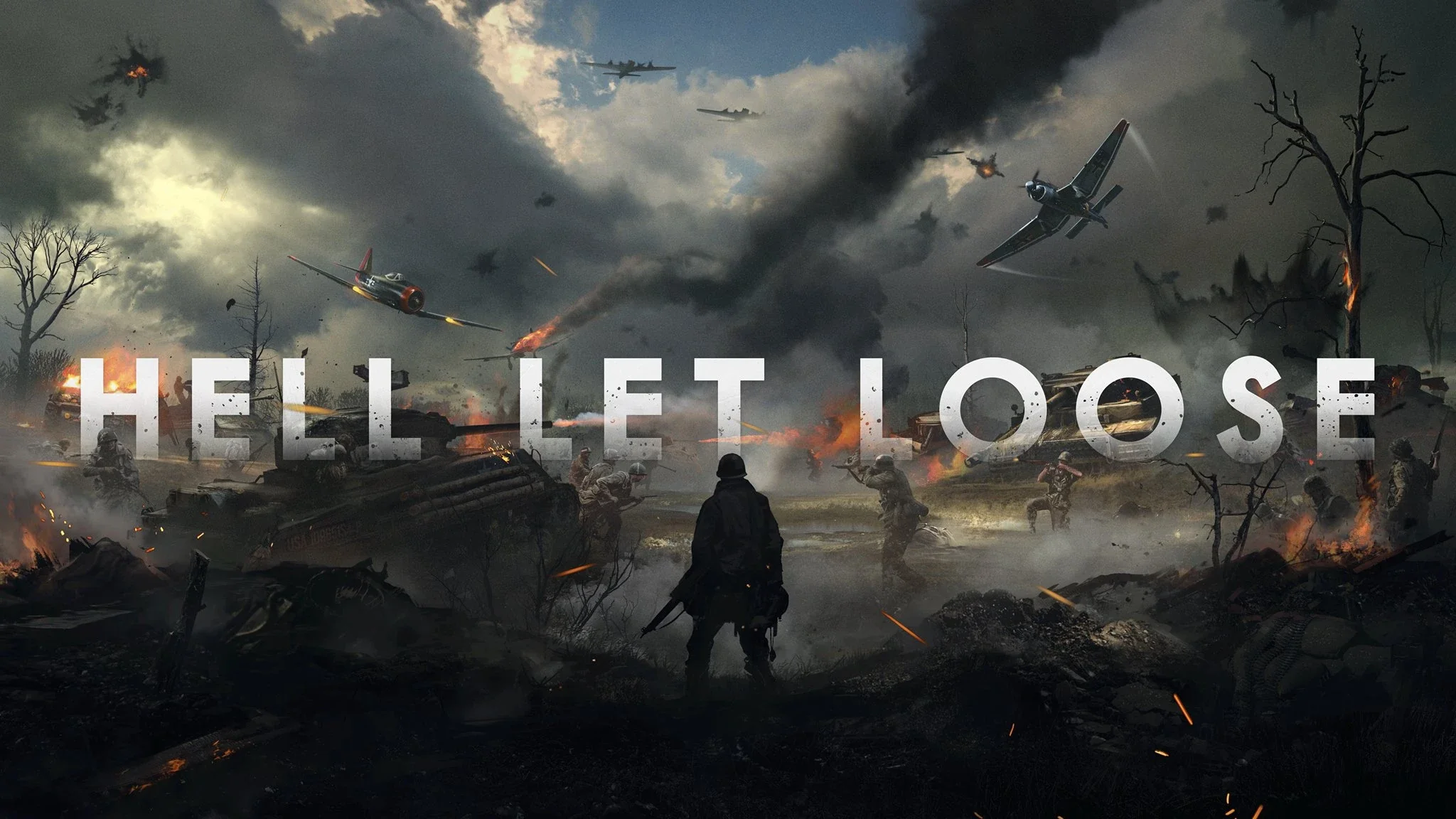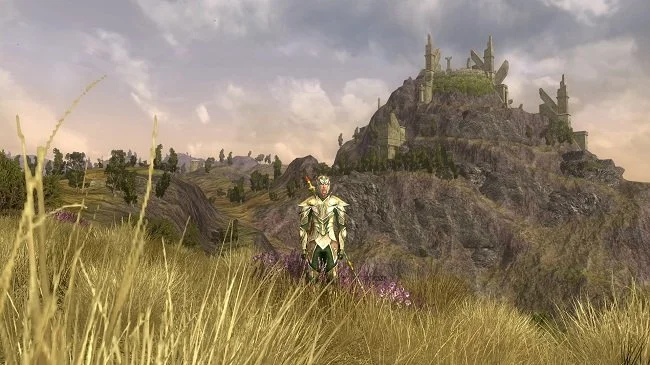The Capricious Nature of “Lazy Writing”
A little over two months ago I returned to the MMORPG, Star Wars: The Old Republic. I have written recently about how this has been a pleasant experience and I certainly haven’t wanted for content to play through. SWTOR has always offered well conceived and complex stories. This is essentially the MMOs primary appeal to me. Hence I have recently caught up with Rise of the Hutt Cartel, Shadow of Revan, Knights of the Fallen Empire and Knights of the Eternal Throne. The episodic nature of the last two expansions have both good and bad points. However, the central story was solid and engaging. However, when I moved on to the next instalment of the main story, everything changed. Essentially, the plot had backed itself into a corner. So the writers took the easy way out and pursued a new storyline that completely invalidated everything that had happened previously. This infuriated me so I’ve stopped playing.
For those who may not be familiar with SWTOR, the original plot of the MMO focuses on the ongoing war between the Republic and the Sith Empire. The expansion Knights of the Fallen Empire changes this as the Republic and Sith form an alliance against a new antagonist. The idea works well and is sustained over a further expansion, Knights of the Eternal Throne. However, in the following Iokath story line the alliance that you have worked continuously to nurture and sustain is arbitrarily dispensed with, just so the writers can conveniently return to the default situation without having to try hard. During the course of one conversation, I found my character being forced to make a decision to choose whether to support the Sith Empire or the Republic. For want of another phrase, this “lazy writing” pissed on everything that I had invested my time into for the last two months and I found that insulting.
This writing “technique” is not exclusive to video games. It is commonly used in film and TV as a convenient means to bring a narrative back “on track”. In other words, a way to take a story in the direction that you wish to take it, irrespective of whether that invalidates or contradicts what has happened previously. Take the 1992 film Aliens 3. The producers desperately wanted to contrive a situation in which the protagonist, Ellen Ripley (Sigourney Weaver), once again faced a solitary xenomorph in the hope of recreating the success of the original film. However, Aliens (1986), ended with Ripley safe from peril and given a second chance at motherhood by looking after Newt. There was even a hint at a romance with Corporal Hicks. Faced with such narrative obstacles, the writers for Alien 3 contrived a means for Ripley being impregnated by a facehugger while in suspended animation and a spaceship crash subsequently killed off both Newt and Hicks. Needless to say, the audience didn’t buy it.
What such “lazy writing” demonstrates is that no matter how attached we become to characters and stories in films and video games, they are ultimately products. Video games especially have a requirement to keep players not only engaged but also spending. In the case of SWTOR, dispensing with the “Eternal Alliance” was just a means to quickly get the story back on track, after two somewhat experimental expansions. I’m sure it did occur to writing staff that in doing so they mitigated everything that the player had done over the last two years. However, keeping the player base busy and subscribing was deemed more important. If the game and its business model had been better served by an even more obtuse plot development, no doubt that’s what would have happened. Hence, “enthusiastic sales and marketing” and “lazy writing” often go hand in hand. The former drives the latter, usually to the detriment of the product. In this respect SWTOR is far from unique.




























